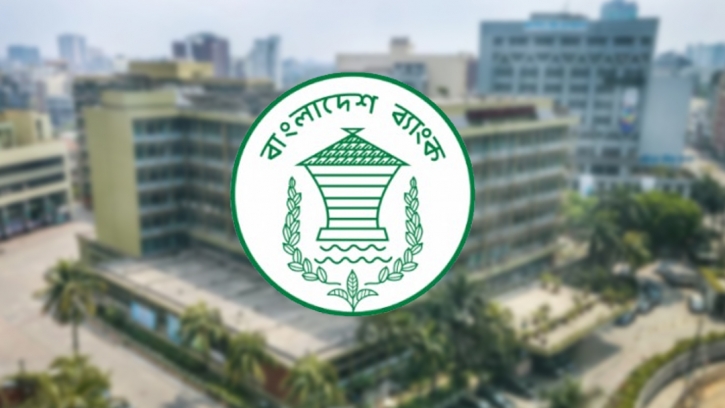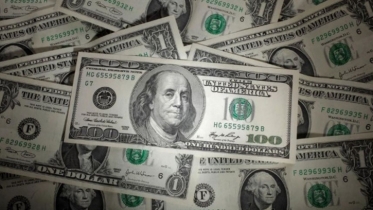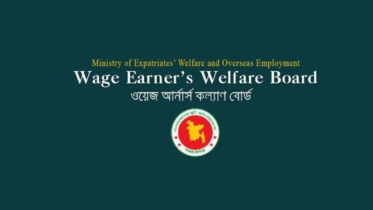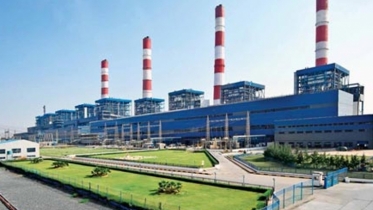Image: Courtesy
The central bank today hiked the policy or repo rate by 50 basis points to 9.50 per cent to tame inflation.
According to a circular issued on Tuesday, the new rate will come into effect from September 25.
This is the fourth time this year that the key interest rate has been raised by Bangladesh Bank (BB).
An increase in the policy rate is expected to make bank borrowing costlier, enabling people to cut expenditures and curtail demand, subsequently bringing down inflation.
Earlier on August 25, Bangladesh Bank raised the rate by 50 basis point to 9 per cent in an effort to combat high inflation.
Talking to The South Asian Times, bankers said the interest rate for any commercial bank facing a liquidity crisis will rise if they need to borrow from the BB following the rate hike.
Additionally, loan interest rates for customers will also increase. Consequently, higher loan rates are expected to reduce consumer spending, which, in turn, would help to decrease inflation gradually.
A senior central bank official said the Bangladesh Bank is implementing a contractionary policy to control inflation, which has averaged around 10 per cent on monthly basis.
BB governor Dr Ahsan H Mansur recently announced that the policy, or repo rate, would first rise to 9 per cent and then potentially to 10 per cent in phases. He said while businesses emphasise reducing inflation, the central bank's current monetary policy is effective but will be tightened slightly. Inflation is expected to improve to 5-6 per cent within seven to eight months.
The governor emphasised that interest rates will continue to rise until inflation starts to decrease, and the stable currency exchange rate should also aid in reducing inflation.
What is 'Repo Rate'
Repo rate is the rate at which the central bank of a country (Reserve Bank of India in case of India) lends money to commercial banks in the event of any shortfall of funds. Repo rate is used by monetary authorities to control inflation.
In the event of inflation, central banks increase repo rate as this acts as a disincentive for banks to borrow from the central bank. This ultimately reduces the money supply in the economy and thus helps in arresting inflation.
The central bank takes the contrary position in the event of a fall in inflationary pressures. Repo and reverse repo rates form a part of the liquidity adjustment facility.







































